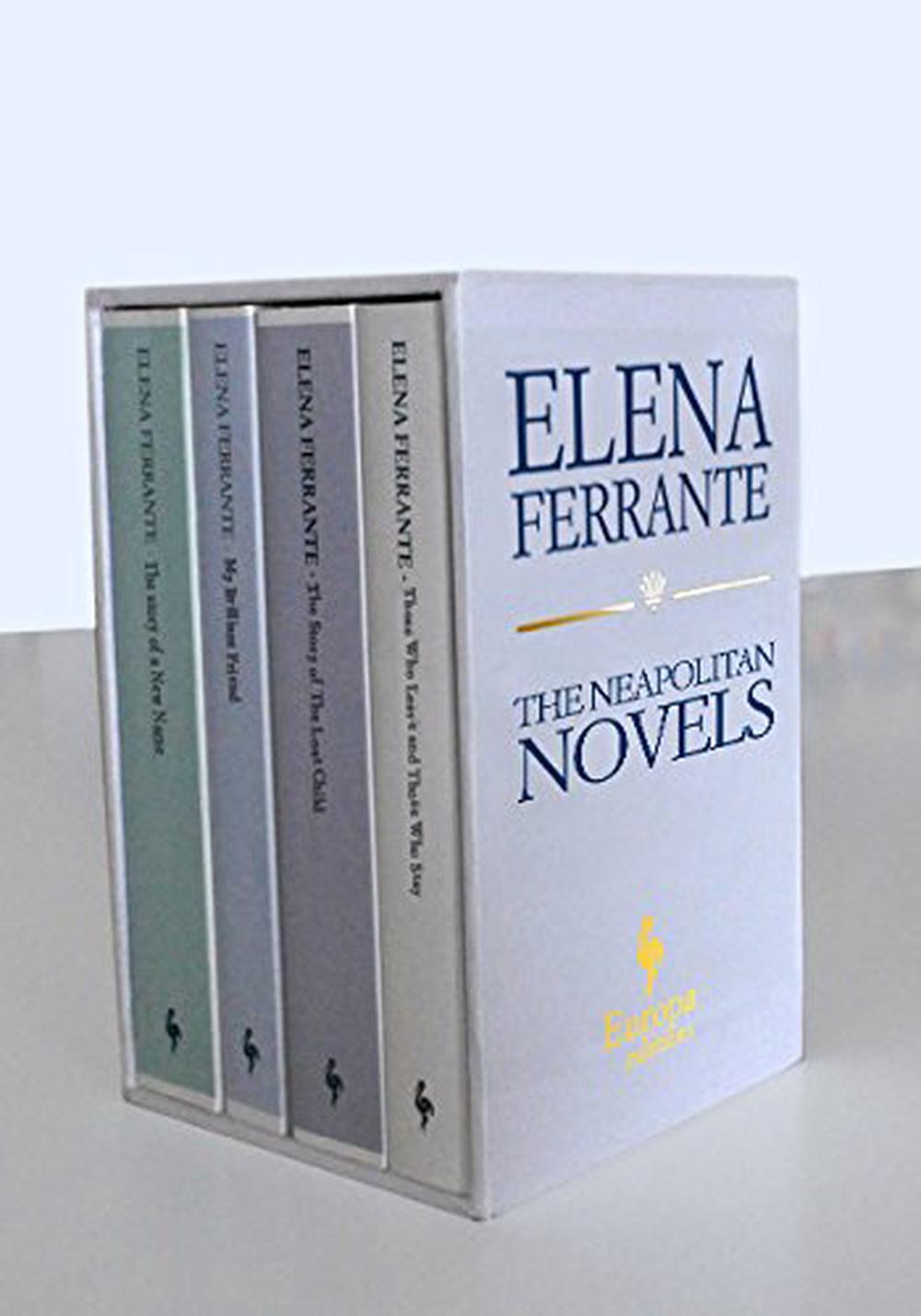

That doesn’t matter, however, as long as the author keeps striving to find a written form for that “tangle”, in the knowledge that the narrator and writer are also “enmeshed” in it. Once we attempt to catch its mutable shape in writing, it will seem “inevitably false” to us. As much as she tries to capture its essence, that shiny ring shifts and changes.Įach object, like all living things, is a tangle of stories, emotions, ideas. In her latest collection of essays, In the Margins: On the Pleasures of Reading and Writing, Ferrante uses another precious object – this time an aquamarine ring rather than a bracelet – to explain how changeable reality is.

But unlike Dril, when she was unmasked, Ferrante invoked her right to remain anonymous and continued to publish her work under a pseudonym – to the huge relief of her fans.

In 2016, the Italian journalist Claudio Gatti used Ferrante’s financial records to ascertain and publish her true identity. The object Ferrante has chosen to symbolise the desirability of falsehood is a bracelet, a shiny heirloom whose original ownership is unclear but which encapsulates feelings of greed and hatred – much like Frodo’s ring in Lord of the Rings and Voldemort’s Horcruxes in the Harry Potter franchise, which cause many people harm.

In The Lying Life of Adults – recently adapted as a TV series for Netflix – the protagonist Giovanna is a young teenager whose world is crushed by the discovery that her father has concealed substantial truths about his past. Despite her anonymity, her Neapolitan novels have sold more than 10 million copies worldwide. Ferrante is another contemporary celebrity who hides her identity behind a pen name. Anonymity and authorial powerĪs an expert in the Italian novelist Elena Ferrante, this reminds me of her 2019 novel The Lying Life of Adults. This reference to Santa and the fairytale realm alludes to the belief that humans are attracted to lies – that we would rather perpetuate the fabulous illusion of a magical world than search for the truth. Just accept that I’m not like Santa Claus.


 0 kommentar(er)
0 kommentar(er)
